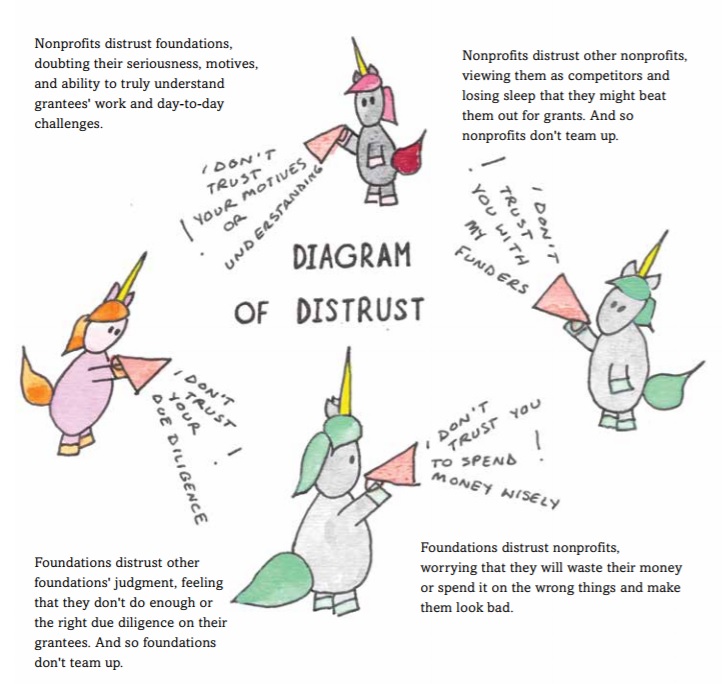
Anyway, the book is called “Unicorns Unite: How Nonprofits and Foundations Can Build Epic Partnerships” and will be available this Spring, with pre-orders being taken on April 9th, 2018, which is coincidentally World Unicorn Day. Now, you may have some questions, so I’ve anticipated and answered them here:Continue reading →





